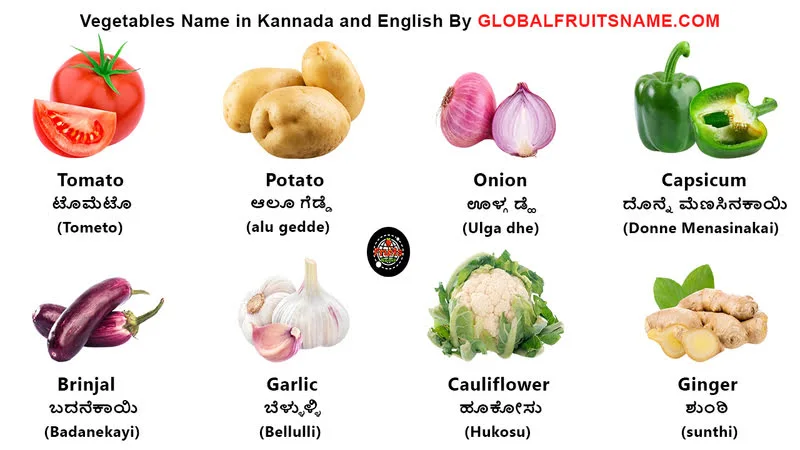
Hello fellow readers, Do you think language is only for communication? For me, it’s No because It opens the door to other cultures, ideas, and beliefs. Learning any language is delightful, and we become knowledgeable with common household vocabulary like vegetable names.
Identifying vegetables by their names in different languages will improve your exploration of culinary delights, facilitate travels, make it easier to interact with locals who speak distinct dialects, and help you experience diverse customs.

This blog post will specifically delve into vegetables name in Kannada and English. This post is a useful manual whether you are a Kannada speaker trying to learn English or an English speaker trying to learn Kannada. So, let’s go and start with a colorful world of veggies.
Table of Contents
Benefits of Knowing Vegetable Names in Kannada Language
However, learning vegetables name in Kannada languages has several benefits:
1. Cultural Understanding
Understanding the names forms a fundamental basis for any culture. Learning the names of vegetables helps you know how people eat and farm.
2. Language Learning
It provides a useful, enjoyable, and effective way to enrich vocabulary and language skills. It will assist you in day-to-day conversations, purchasing groceries, and discovering recipes.
3. Travel and Exploration
Memorizing the names of the green veggies may be helpful while traveling to avoid inconveniences. This information may come in handy whether you are eating at a restaurant, grocery shopping at a local market, or attempting to cook a local dish.
Tips for Learning Vegetables Name in Kannada
Learning new words in any language is always hard, although it may be interesting. The following are some suggestions to help you make it easier and more effective.
1. Mnemonics
Establish a mental connection between the new word and a familiar story, picture or idea. To illustrate, “Beetroot” in English is equivalent to “ಬೀಟ್ರೂಟ್” in Kannada, visualizing a match race(beat) along a road (root).
2. Flashcards
On one side of the card, write down the English word; on another, write the vegetable’s Kannada word. Regularly recalling and reviewing these flashcards enhances the word’s pronunciation.
3. Practice Conversations
Incorporate the use of vegetable names into your day-to-day conversations. The greater the number of times you employ these words, the more it will help you to recall them.
Common Vegetables Name in Kannada and English
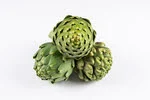
English: Artichoke
Kannada: ಪಲ್ಲೆಹೂವು (Pallehuvu)
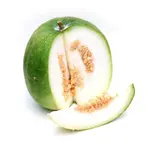
English: Ash gourd, wax gourd, winter melon
Kannada: ಬೂದಕುಂಬಳಕಾಯಿ (Boodakumbalakayi)
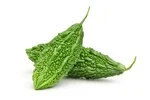
English: Bitter gourd
Kannada: ಹಾಗಲಕಾಯಿ(Hagalkai)

English: Bottle gourd
Kannada: ದುಧಿ (Dudhi), ಲೌಕಿ (Lauki)
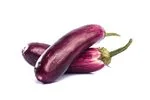
English: Brinjal, Eggplant
Kannada: ಬದನೆಕಾಯಿ (Badanekayi)

English: Broad beans
Kannada: ಚಿಕ್ಕುಡು (Chikkudu), ಅವರೆಕಾಳು (Avarekalu)

English: Broccoli
Kannada: ಹುರಳಿ ಕೊಸು (Hurali kosu), ಕೋಸುಗಡ್ಡೆ (Kosugadde)
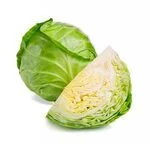
English: Cabbage
Kannada: ಎಲೆಕೋಸು (Elekosu)
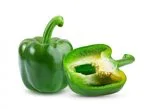
English: Capsicum, Bell pepper
Kannada: ದೊನ್ನೆ ಮೆಣಸಿನಕಾಯಿ (Donne Menasinakai)
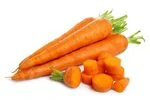
English: Carrot
Kannada: ಗಜರಿ (Gajari)
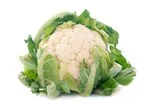
English: Cauliflower
Kannada: ಹೂಕೋಸು (Hukosu)
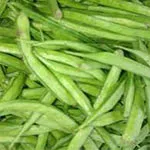
English: Cluster beans
Kannada: క్లస్టర్ బీన్స్ (klastar bins)
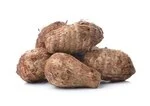
English: Colocasia, Taro root
Kannada: ಕಾಲೋಕಾಸಿಯ (Kālōkāsiya)
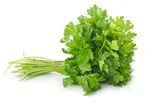
English: Coriander leaves
Kannada: ಕೊತ್ತಂಬರಿ ಎಲೆಗಳು (Kottambari elegaḷu)
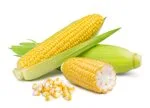
English: Corn
Kannada: ಜೋಳ (Jola)
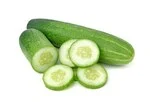
English: Cucumber
Kannada: ಸೌತೆಕಾಯಿ (Sautekayi)

English: Curry leaves
Kannada: ಕರಿಬೇವು (Karibēvu)

English: Drumstick
Kannada: ನುಗ್ಗೆಕಾಯಿ (Nuggekayi)
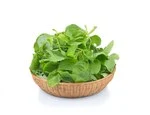
English: Fenugreek leaves
Kannada: ಮೆಂತ್ಯ ಎಲೆಗಳು (Mentya elegaḷu)
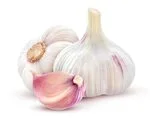
English: Garlic
Kannada: ಬೆಳ್ಳುಳ್ಳಿ (Bellulli)
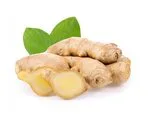
English: Ginger
Kannada: ಶುಂಠಿ (sunthi)
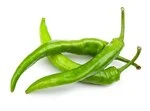
English: Green chili
Kannada: ಹಸಿರು ಮೆಣಸಿನಕಾಯಿ (Hasiru meṇasinakāyi)

English: Green peas
Kannada: ಬಟಾಣಿ (Batani)
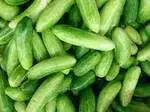
English: Ivy gourd
Kannada: ತೊಂಡೆಕಾಯಿ (Tondekayi)

English: Kale
Kannada: ಕೋಸುಗೆಡ್ಡೆ ಜಾತಿಯ ಸಸ್ಯ (Kosugedde jatiya sasya)
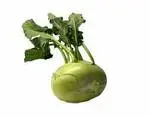
English: Knol khol
Kannada: ನೋಲ್ ಖೋಲ್ (Nol khol)

English: Lady’s finger (Okra)
Kannada: ಬೆಂಡೇಕಾಯಿ (Bendekayi)
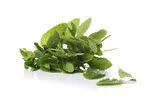
English: Mint leaves
Kannada: ಪುದೀನ ಎಲೆಗಳು (Pudīna elegaḷu)
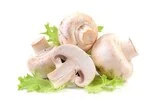
English: Mushroom
Kannada: ಅಣಬೆ (Anabe)

English: Mustard leaves
Kannada: ಸಾಸಿವೆ ಎಲೆಗಳು (Sasive elegaḷu)
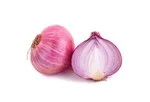
English: Onion
Kannada: ಈರುಳ್ಳಿ (irulli)

English: Potato
Kannada: ಆಲೂ ಗೆಡ್ಡೆ (alu gedde)
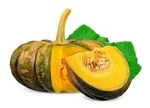
English: Pumpkin
Kannada: ಕುಂಬಳಕಾಯಿ (Kumbalakayi)
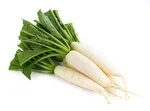
English: Radish
Kannada: ಮೂಲಂಗಿ (Mullangi)

English: Ridge gourd
Kannada: ಹೀರೆಕಾಯಿ (Hirekayi)

English: Snake gourd
Kannada: ಪಡವಲಕಾಯಿ (Padavalakayi)

English: Spring onion
Kannada: ಊಳ್ಗ ಡ್ಹೆ (Ulga dhe)
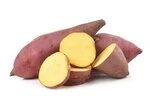
English: Sweet potato
Kannada: ಗೆಣಸು (Genasu)
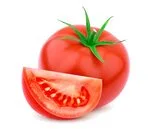
English: Tomato
Kannada: ಟೊಮೆಟೊ (Ṭometo)
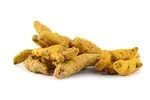
English: Turmeric
Kannada: ಅರಿಶಿನ (Arisina)
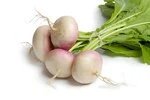
English: Turnip
Kannada: ನವಿಲುಕೋಸು (Navilukosu)
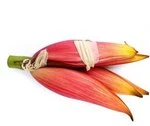
English: Banana flower
Kannada: ಬಾಳೆ ಹೂವು (Baḷe huvu)
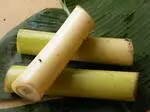
English: Banana stem
Kannada: ಬಾಳೆ ಕಾಂಡ (Baḷe kanda)
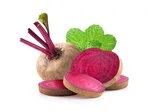
English: Beetroot
Kannada: ಕಂದು ಬೇರು (Kandu beru)

English: Cabbage leaves
Kannada: ಎಲೆಕೋಸು ಎಲೆಗಳು (Elekosu elegalu)

English: Carrot leaves
Kannada: ಕ್ಯಾರೆಟ್ ಎಲೆಗಳು (Kyaret elegalu)
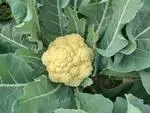
English: Cauliflower leaves
Kannada: ಹೂಕೋಸು ಎಲೆಗಳು (Hukosu elegalu)
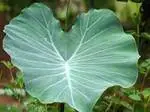
English: Colocasia leaves
Kannada: ಕೊಲೊಕಾಸಿಯಾ ಎಲೆಗಳು (Kolokasiya elegaḷu)
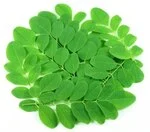
English: Drumstick leaves
Kannada: ಡ್ರಮ್ ಸ್ಟಿಕ್ ಎಲೆಗಳು (Ḍram sṭik elegaḷu)

English: Papaya leaves
Kannada: ಪಪ್ಪಾಯಿ ಎಲೆಗಳು (Pappayi elegaḷu)

English: Red chili
Kannada: ಕೆಂಪು ಮೆಣಸಿನಕಾಯಿ (Kempu meṇasinakayi)

English: Yam
Kannada: ಮುಳ್ಳು ಗೆಣಸು (Mullu genasu)
These are common to rare vegetables in Kannada, if you want to know more about check out the video below and have fun.
Types of vegetables in Kannada
There are some common types of vegetables:
- Root Vegetables (మొక్కజెడులు)
- Leafy Vegetables (ఆకు పచ్చిల్లు)
- Stem Vegetables (మొక్క వేరు, స్థ
- Flower Vegetables (పూ వేరు)
- Fruit Vegetables (పండ్ల వేరు)
Popular Vegetables in Kannada Cuisine
The cuisine from Kannada is renowned for its numerous vegetables with exotic tastes. Here are some popular vegetables used in Kannada cooking:
- Tondekai (Ivy Gourd)
- Bendi (Okra)
- Yelakki Banana (Small Plantain)
- Mentha (Fenugreek Leaves)
- Avarekalu (Hyacinth Beans)
- Basale (Malabar Spinach)
- Hagalakayi (Bitter Gourd)
- Huruli (Horse Gram)
- Menthe Soppu (Fenugreek Sprouts)
Given that you have learned the popular names of vegetables in Kannada, you can enter the fascinating world of Kannada Cuisine.
Rare and Exotic Vegetables Name in Kannada and English
The vegetables are not common, and some are special ones that are peculiar to the native Kannada region. Here are a few of them:
- Doddapatre (Indian Borage)
- Halasina Beeja (Jackfruit Seeds)
- Averekayi (Indian Cucumber)
- Kashiphalam (Green Papaya)
- Igguragayi (Drumstick Leaves)
- Huralikayi (Monkey Jack)
- Yenugulike (African Eggplant)
- Nuchchinaunde (Finger Millet Dumplings)
- Parangi Soppu (Purslane)
Knowing the name of such a rare vegetable may open a new page in the book of Kannada cuisine for you.
Conclusion
Learning vegetable names in Kannada and English will expand your language skills. I hope you have enjoyed the post as it presents an adventure of different lifestyles. Also, it gives depth to your language experience and brings in fresh experiences.
Remember that names that you have learned are a step closer to mastering a language. Therefore, my advice is to learn continuously, recall the names often, and enjoy this Kannada language. Happy learning😊.

Leave a Reply